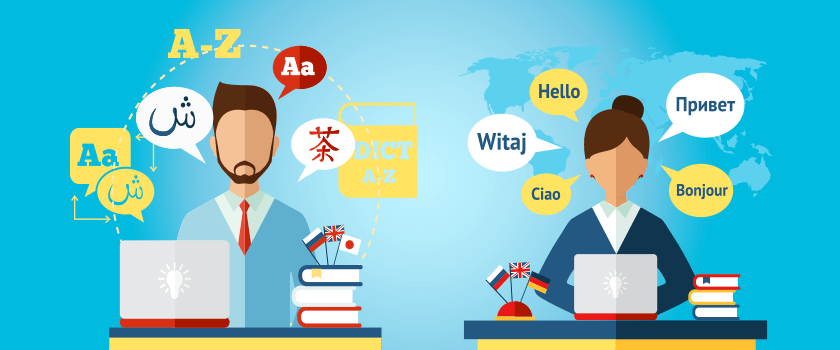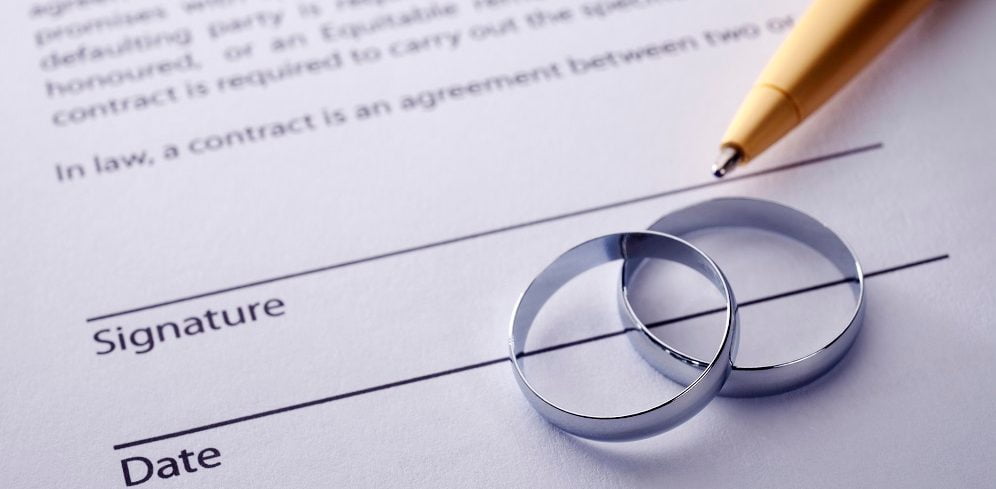The UAE is appealing to Russian, Spanish, and German-based entrepreneurs, among others because of its strategic geographic position, tax-friendly jurisdictions, and free zones of global standards. However, the reality of following through with incorporation is dependent, in most cases, on a single technicality that is capable of ruining easy registration: language. Whether in the provision of a Memorandum of Association; powers of attorney, shareholder agreement or notarized personal documents, proper legal translation of relevant documents plus the appropriate legalization procedure is necessary in their acceptance by the authorities in UAE and their admissibility before local courts.
First, jurisdiction: mainland, free zone or offshore and why it matters
The UAE provides three types of wide companies, that is, mainland (onshore), free zone companies, and offshore ones. There are varying regulatory, ownership and documentation guidelines, and varying expectations regarding language, on each route. Main land registrations (through a Department of Economic Development or equivalent regulator) are usually subject to either Arabic or bilingual filings, but most free zones accept English-language filings and run their own English-based processes. The rules of a certain registry should always be checked before translation.
There exist two significant financial free zones DIFC (Dubai International Financial Centre) and ADGM (Abu Dhabi Global Market) which hold unique legislations and utilize English as the law of work in their courts and laws, which makes English-language contracts and submissions the rule inside those sets of law. Using or enforcing the rule in or via DIFC/ADGM may not trigger the requirement of Arabic language (at least internally within the free zone), but issues of jurisdiction and cross borders remain points of caution.
Language law Why Arabic all too often trumps English
The official language in the UAE is Arabic, and much of the legislation in the country is drafted in Arabic as well as other federal instruments. In cases where bilingual materials are involved, the law of the UAE regularly directs authorities and the courts to interpret these using the original Arabic; in practice this implies the Arabic translation is to be used as the tie-breaker in instances of discrepancy. The legal fact of it means that literal translation of any English (or Russian/Spanish/German) source text into formal Modern Standard Arabic is of the essence, particularly in the case of the key documents, e.g. MOAs, contractual acts and power-of-attorney writs of notarized documents.
Legalization and attestation: the next after translation
The process of translation is just one part; after being translated, the documents will have to be notarized and legalized until the authorities in the UAE consider them. Documents issued outside of the UAE need a formal attestation procedure via the UAE Ministry of Foreign Affairs, (MOFA) and many documents issued outside the UAE must have embassy / legalization procedures in the country of issuance upon which they can then receive MOFA attestation in the UAE. Critically, the UAE is not signatory to the Hague Apostille Convention and you can therefore normally not simply use an apostille unless you undertake consular legalization (or equivalent) in addition to having the document attested by the Ministry of Foreign Affairs (MOFA). In order to ensure the correctness of the attestation chain in the issuing country and the UAE authority you are filing at, inquire always.
Who is to translate? Registered legal translators and listing
The authorities in UAE anticipate the legal version to be generated or certificated by the approved transcribers. Legal translators in the UAE are registered on a system run by the Ministry of Justice and in lots of cases, registries, courts and government departments would only accept documents where a legal translation has been produced by a translator who has been approved by the Ministry of Justice or whose translations have been stamped/attested by a legal translator that has been approved by an MOJ. A non-certified or literal translator may result in time consuming, rejection or even-contracts which are ambiguous under Arabic language but not in the printed form.
Russian / Spanish / German legal doc translating checklist
- Define the aim (target) registry and jurisdiction (mainland vs free zone vs DIFC/ADGM). Requirements differ.
- Get translators with MOJ certification (or a company which offers MOJ-stamped translations), and ask them to provide a signed translator certification of accuracy.
- Translate terminologies uniformly. Give a bilingual glossary (e.g., “share capital,” “board resolution,” “POA”) to ensure a consistent rendering of different documents is not used.
- Legalise and notarize the source and translated copies in accordance with the procedure of the country of the issued document, and then have UAE MOFA attestation (or legalization at the consulate where necessary). Begin early enough- attestation chain can be as long as a week.
Draft bi-language MOA/AA having an evident precedence. To have an English-language alternative, or alternative language, take precedence commercially, make it clear in the choice-of-law and dispute-resolution clause that you require the use of a court (e.g. the DIFC courts) or arbitration (e.g. international arbitration) that recognizes that language.
- Ensure you check notarized signatures and corporate seals: you might get seals not translated or a corporate stamp that requires some translation that explains or an official attestation to be admissible.
- Typical traps to evade reading and learning to read: The difference between reading and learning to read
- The focus of the language Learner autonomy and the illusion of passage The development process
- Last minute translation- postponing the translations until the last moment may scuttle registration periods and visa or bank schedules.
- Cutting on legalization procedures on the basis that a free zone is accepting English- it is important to note that at the mainland, government interactions, banks, or courts the documents might need Arabic and attestation.
Final thoughts
The translation of legal texts in relation to the company formation in the UAE is not merely a linguistics process but a legal and administrative process of work. Jurisdiction (mainland vs free zone), the legal status of Arabic, certified translators and the chain of attestation/legalisation all determine what you have to submit and how. In relation to the Russian, Spanish and German source documents, collaborate with translators who are knowledgeable of the commercial and corporate laws, match it with the UAE licensed legal counsel and start the attestation process early. In that way, they will turn a possible headache into an uncomplicated and foreseeable incorporation procedure in the UAE.
To make it easier, I can create a short checklist template address-specific to the particular emirate or free zone you are targeting (Dubai mainland, DIFC, ADGM, Abu Dhabi mainland or Ras Al Khaimah free zone) – specify and I will create one.


